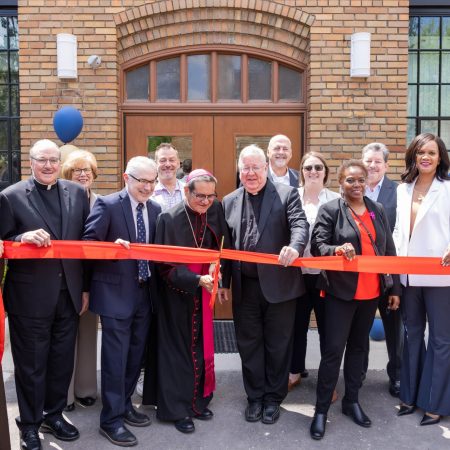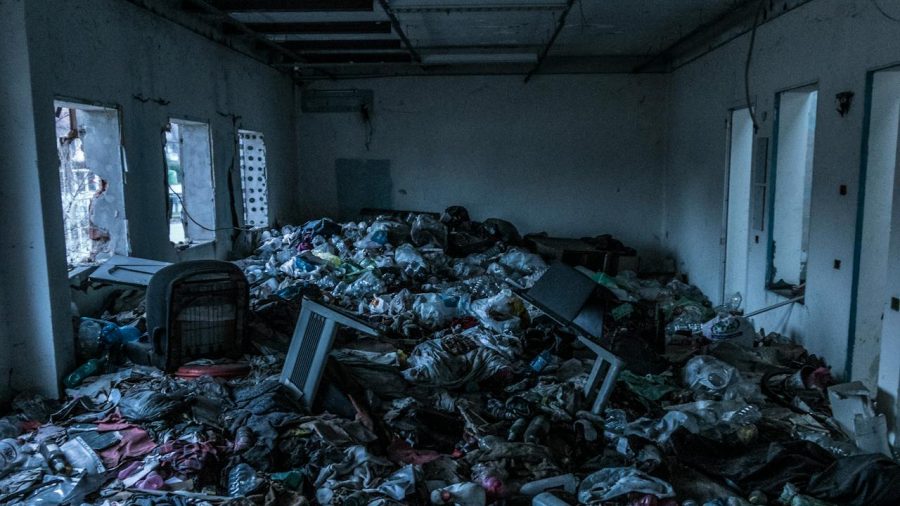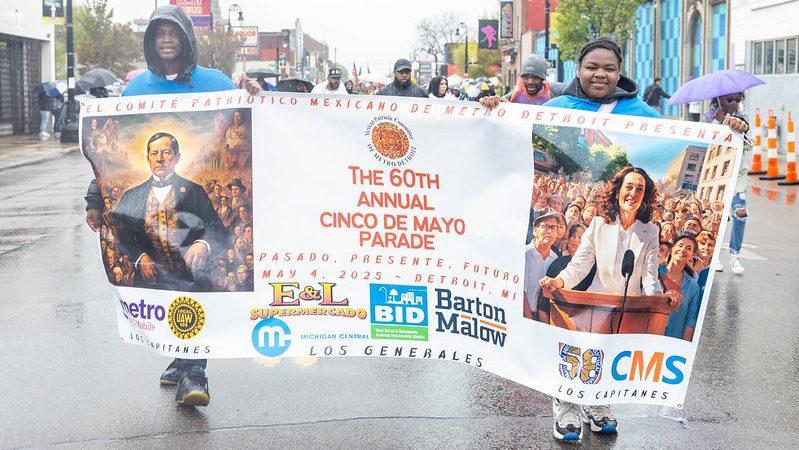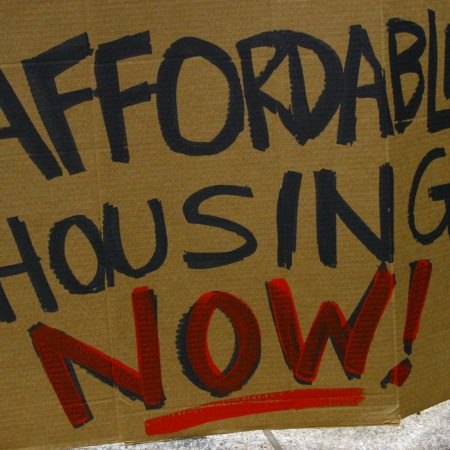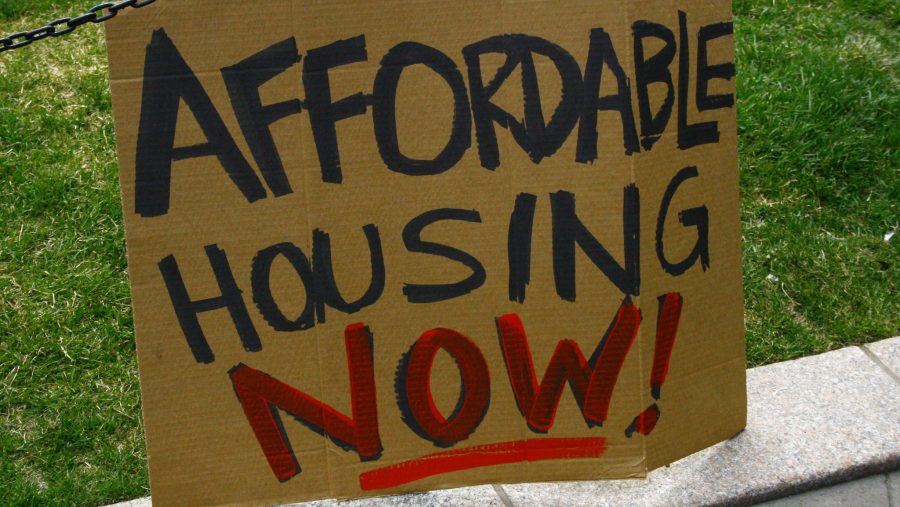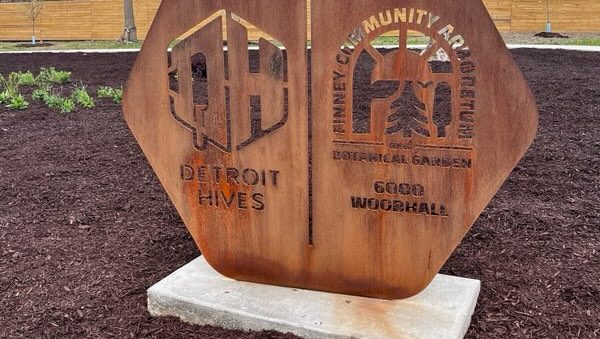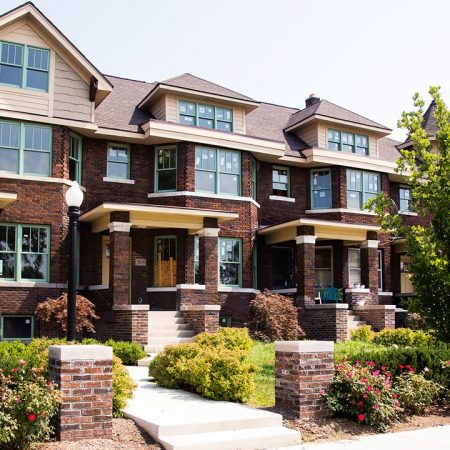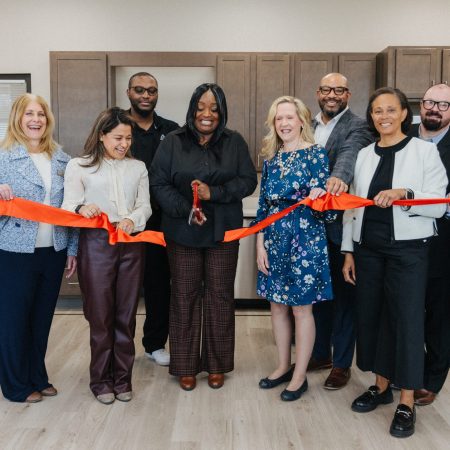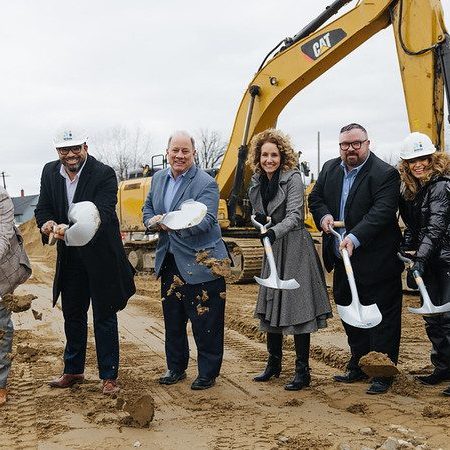This year marks a time of transition in the city of Detroit.
Voters will elect a new leader of the city to replace long-time Mayor Mike Duggan, who is leaving to run for governor.
And experts at the think tank Detroit Future City predict the new mayor will face several challenges, like building new infrastructure to handle flooding and power outages.
But the group’s CEO, Anika Goss, told WDET one of the core issues the city must focus on is growing a sector some analysts say is disappearing — Detroit’s middle class.
The following interview has been edited for clarity and length.
Anika Goss, Detroit Future City: We use the language of “middle class,” but you can also use the language of “middle wage,” those within the median income for Detroit. And this particular demographic trend we really feel is important, because this is generally your tax base. They are staying in homes, buying homes, investing in their communities. And we want to focus on this because it is the largest demographic to leave Detroit.
Quinn Klinefelter, WDET News: What would you advise Detroit’s next mayor to do to help grow that segment of the populace?
AG: First, develop the neighborhoods. Make the neighborhoods places that would retain and attract middle-class households. The second issue is, how can Detroiters grow wealth and remain in Detroit? What kind of jobs are there nearby and available that actually have a middle-class wage, not only entry wages but also growth wages. It’s an environment that also creates strong businesses and entrepreneurs that can actually grow their own business. These are elements that can appeal to middle-class households. Two other things that I think are really important, and this can be tough for mayors, but they’re going to have to figure out property taxes. They are still uneven and very, very high in Detroit. So really thinking about what can we do to stabilize and lower the property tax rate. And second, work cooperatively with the schools, public and private and charter, so that the education system in Detroit also becomes something to attract and retain families.
QK: When you talk about raising incomes, outgoing Mayor Mike Duggan has touted how many companies he says have located in the city over the last decade or so. And oftentimes those businesses are supposed to give first preference for new hires to Detroiters. The city also has work training programs available. Would you say the next mayor should they try to build on that or go beyond it somehow?
AG: I think build AND go beyond. I think what was great about the Duggan administration is that he did really set this environment of Detroit being a place for you to invest in. And it was at a time when a lot of companies were not thinking of coming here. Now they are. But what we found is that a lot of the companies are still looking at Detroit proper as a place for low-wage labor. We have to really market Detroit as a place that has talent for a diversity of income ranges. Really work with these companies to ensure the jobs that we’re receiving in Detroit are jobs where you can actually grow your wage over time. I feel like there were really good deals made for low and moderate wages earners. There are people who are out of work that definitely need those jobs. But we can’t just stop there and declare it a success. We have to also really consider how we bring in other jobs and prepare Detroiters for those other jobs that are making a higher wage.
QK: Along with the income and job situation, people in the city have talked for years about the overall development in Detroit seeming to focus on the downtown area. And how does it get out to the neighborhoods? Duggan, for one, had launched a series of projects to try to strengthen various blocks in the city. Again, is there something you think the next mayor should do to go beyond that? Or should they try some entirely new approach?
AG: I think that it will be imperative for the next mayor to take the Strategic Neighborhood Fund and other neighborhood initiatives even further. To really create neighborhoods that have a diversity of housing choices, that have amenities and that are looking at places for investment in these areas. There’s still several neighborhoods in Detroit where there are no mortgages, whole census tracts that do not have mortgages in Detroit. The next mayor will have that challenge of not just stabilizing the strategic neighborhood places but also thinking about where else throughout the city can we target for a variety of households and a variety of incomes. You should be able to live in a neighborhood and increase your income and not have to move out of the city. You should be able to identify neighborhoods where you can do that. And right now, even with the Strategic Neighborhood Fund initiative, there’s still only 12 middle-class neighborhoods in Detroit out of more than 200 census tracts. We still have a long way to go.
QK: Do you think there’ll be enough funding available to push such efforts?
AG: There’s never enough money to do all of the things that we want to do. You really are going to have to prioritize. And if the North Star for the next mayor is, “How do we actually lay out a growth plan for Detroit and Detroiters?” That’s a very different proposition than thinking broadly about how to make Detroit better. I feel like the Duggan administration got us to this point. It’s really important now for the next mayor to take it even further. It’s something that is absolutely imperative. I don’t see an alternative.
